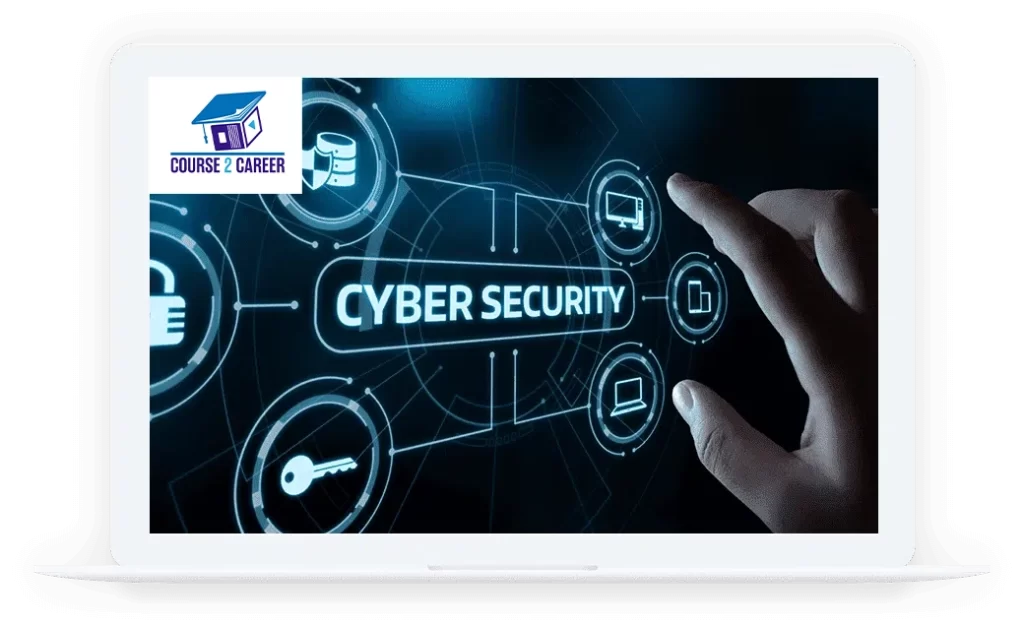Introduction:
In the dynamic landscape of cybersecurity, staying ahead of the curve is crucial. Aspiring professionals often find themselves at a crossroads when deciding which certification path to pursue. Two prominent options, CompTIA and EC-Council courses, stand out in the field. In this blog post, we’ll explore the key features of both and help you determine which might be the better fit for your career goals.
CompTIA Certifications:
- A Broad Foundation:
CompTIA certifications, such as CompTIA Security+, provide a comprehensive understanding of cybersecurity fundamentals. These certifications cover a wide range of topics, making them suitable for beginners or those seeking a well-rounded knowledge base. - Vendor-Neutral Approach:
CompTIA certifications are vendor-neutral, meaning they are not tied to a specific technology or product. This makes them versatile and applicable across various platforms and systems. - Entry-Level to Advanced Certifications:
CompTIA offers a tiered certification structure, allowing individuals to progress from entry-level certifications like A+ and Network+ to more advanced ones such as CySA+ and CASP. This step-by-step approach is beneficial for professionals at different stages of their cybersecurity journey.
EC-Council Certifications:
- Specialized Focus:
EC-Council certifications, such as Certified Ethical Hacker (CEH) and Certified Network Defender (CND), have a more specialized focus on ethical hacking and network defense. These certifications are tailored for individuals aiming to specialize in penetration testing, ethical hacking, and specific cybersecurity domains. - Hands-On Learning:
EC-Council courses often emphasize hands-on, practical experience. The CEH certification, for example, includes a practical exam where candidates must demonstrate their skills in a controlled environment. This hands-on approach can be valuable for those who learn best through real-world application. - Recognized Expertise:
EC-Council certifications are well-regarded in the industry, particularly in roles that require advanced ethical hacking skills. Employers often recognize EC-Council certifications as a sign of specialized expertise in penetration testing and cybersecurity defense.
Choosing the Right Path:
- Consider Your Career Goals:
If you are looking for a broad understanding of cybersecurity with a vendor-neutral approach, CompTIA certifications may be a better fit. On the other hand, if you aspire to specialize in ethical hacking and penetration testing, EC-Council courses might align more closely with your career goals. - Evaluate Your Experience Level:
CompTIA certifications are suitable for individuals at various experience levels, including beginners. EC-Council certifications, with their specialized focus, may be more appropriate for hose with some prior experience in cybersecurity. - Assess Industry Demand:
Research the specific cybersecurity roles you are interested in and identify the certifications that are most valued by employers in those fields. This can help you align your certification path with industry demands and increase your employability.
Conclusion:
In the ever-evolving field of cybersecurity, both CompTIA and EC-Council certifications offer valuable opportunities for skill development and career advancement. Your choice between the two should be guided by your career goals, experience level, and the specific demands of the industry you wish to enter. Ultimately, both paths can lead to a rewarding and successful career in cybersecurity.






